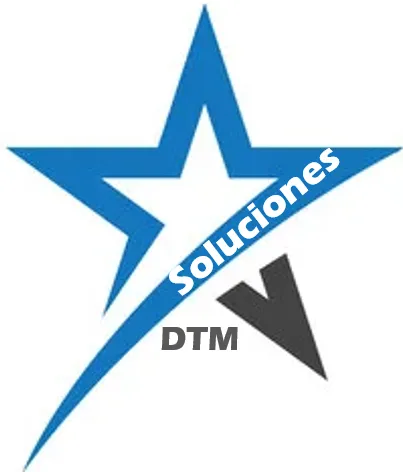In the ever-evolving world of education and learning, where information streams abundantly and accessibility to expertise is only a click away, student-driven encyclopedias are emerging as a dynamic device in the discovering procedure.

These systems not only provide students with a database of info but also encourage them to contribute, edit, and curate web content, fostering a collaborative and interactive understanding atmosphere.
As academic paradigms change towards even more participatory and comprehensive designs, the principle of student-driven encyclopedias symbolizes this improvement. These systems empower students to come to be active participants in knowledge production, linking the gap in between typical book understanding and modern-day digital resources.
The Principle of Student-Driven Encyclopedias
Student-driven encyclopedias are digital platforms where students jointly gather, validate, and share information on a vast variety of subjects. Unlike conventional encyclopedias, which are usually written by specialists, these platforms utilize the joint efforts of trainees to develop a thorough body of understanding.

At their core, student-driven encyclopedias are developed to grow important thinking, research study abilities, and electronic literacy among trainees. By participating in the process of material creation, pupils discover to browse and evaluate info seriously, skills that are vital in today’s information-rich society.
Moreover, these platforms act as a space for pupils to explore their rate of interests and share their experience. This autonomous technique to expertise creation makes ask and learn q&a certain that a diverse range of point of views and voices are represented, improving the finding out experience for all individuals.
- Trainees obtain hands-on experience in research and material production.
- Urges cooperation and peer communication.
- Advertises a deeper understanding of subject.
- Fosters inclusivity and diversity in expertise representation.
In essence, student-driven encyclopedias transform trainees from easy receivers of details right into energetic factors, instilling a feeling of possession and responsibility in their educational journey.
Advantages of Student-Driven Encyclopedias
Among the primary advantages of student-driven encyclopedias is the advancement of necessary 21st-century abilities. As pupils take part in the process of material production, they develop their critical thinking, digital proficiency, and communication skills, every one of which are critical in today’s interconnected world.
In addition, these platforms encourage a joint learning setting, where pupils can collaborate to validate info, discussion different point of views, and co-edit articles. This peer-to-peer communication not just enhances learning results however also fosters a sense of area and shared regard among trainees.
Moreover, student-driven encyclopedias provide a system for showcasing trainee job. As pupils add to the encyclopedia, they build a profile of their research study and writing, which can be indispensable for more scholastic and expert quests.
Obstacles and Limitations

Despite the numerous advantages, student-driven encyclopedias also encounter specific challenges. Ensuring the accuracy and integrity of details is extremely important, as these platforms rely on contributions from trainees who might not yet have expert-level expertise.
- Preserving material quality and accuracy.
- Giving sufficient supervision and support.
- Guaranteeing fair accessibility and inclusivity.
To alleviate these difficulties, several student-driven encyclopedias carry out a system of checks and equilibriums, where content is reviewed by educators or specialists prior to publication. This ensures that the details presented is both accurate and credible, maintaining the integrity of the platform.
The Future of Student-Driven Encyclopedias
As innovation remains to advance and the landscape of education and learning develops, the potential for student-driven encyclopedias is substantial. These systems have the capability to not just enhance standard academic sources yet also redefine the method understanding is obtained and shared.
In the future, we could see student-driven encyclopedias integrating more advanced technologies such as expert system and machine learning to enhance material curation and personalization. Furthermore, they might increase past textual info to include multimedia content, supplying a much more immersive discovering experience.
Equipping the Next Generation
Student-driven encyclopedias hold the pledge of encouraging the future generation of students. By positioning students at the helm of expertise creation, these platforms encourage long-lasting learning, inquisitiveness, and intellectual self-reliance.
Finally, as educational systems remain to innovate, student-driven encyclopedias stand as a testimony to the power of partnership and the significance of pupil agency in the understanding procedure. By embracing these platforms, we open the doors to a much more comprehensive, appealing, and vibrant instructional experience for all.



